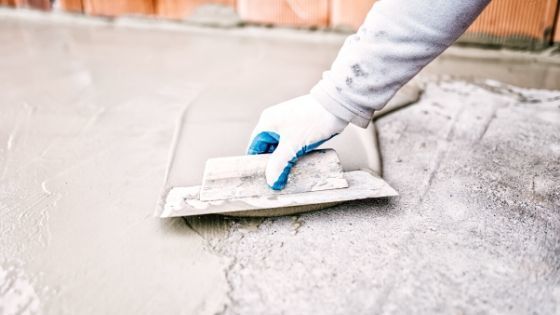We were recently featured on the acclaimed radio show House Talk.

As with most any field, the basement waterproofing industry has its fair share of misconceptions. Being aware of these points of confusion can help you bring your home to an optimal condition. Here are some of the common basement waterproofing industry myths and why they’re untrue.
Because leaking in basements is so common, you might conclude that having some water in your basement must be unavoidable. After all, if the original builders couldn’t stop water from entering, it must not be possible. Actually, the outer walls of many homes’ basements initially have water-resistant coatings or some form of outside drainage. Over time, though, these systems can wear down or become clogged, losing their effectiveness. Still, you can attain a fully dry basement with the right work. You need waterproofing methods that are complete and that will last. Don’t settle for wetness in your basement just because it’s common.
A long-communicated myth is that putting on a coat of black tar paint will successfully prevent water from entering your basement. This is simply not the case. At best, black tar will keep out a bit of dampness or vapor, but ultimately, water will still be able to come inside. Black tar is more of a Band-Aid than a viable remedy. To truly maintain dryness, you should address cracks at their root with real waterproofing substances. Polyurethane epoxy is one such material that, when combined with a careful procedure, will make the area it’s applied to watertight.
Basement leaking can result from many causes, and the proper solution to the issue may differ depending on each individual case. To simply look at the presence of water and then slap on a universal fix is a fallacy. Water can come in from cracks in the foundation, pipes, windows, and cove joints and from between the floor and the foundation. Sometimes the material that makes up the basement walls can allow water to enter even when there are no cracks. This is true for brick and cinderblock, for example. In other instances, water in the ground surrounding the home may exert pressure on the basement and cause it to deteriorate, even if it’s fully sealed off. With all these various causes of basement water problems, different solutions are needed to address the problem area or the larger issue behind what’s creating the leaks. You should never run with the idea that there’s just one simple answer to basement waterproofing.
If you need basement waterproofing that’s completely efficacious and that will stand the test of time, call The Real Seal today. We have an arsenal of methods specific to the cause of leaking in your basement, and we’ll walk you through what we plan to do and why.

We created a guide titled:
“A Homeowner’s Guide to Basement Waterproofing” to help you spot common basement issues around your home and learn how to fix them. Enter your email and get the free guide.
